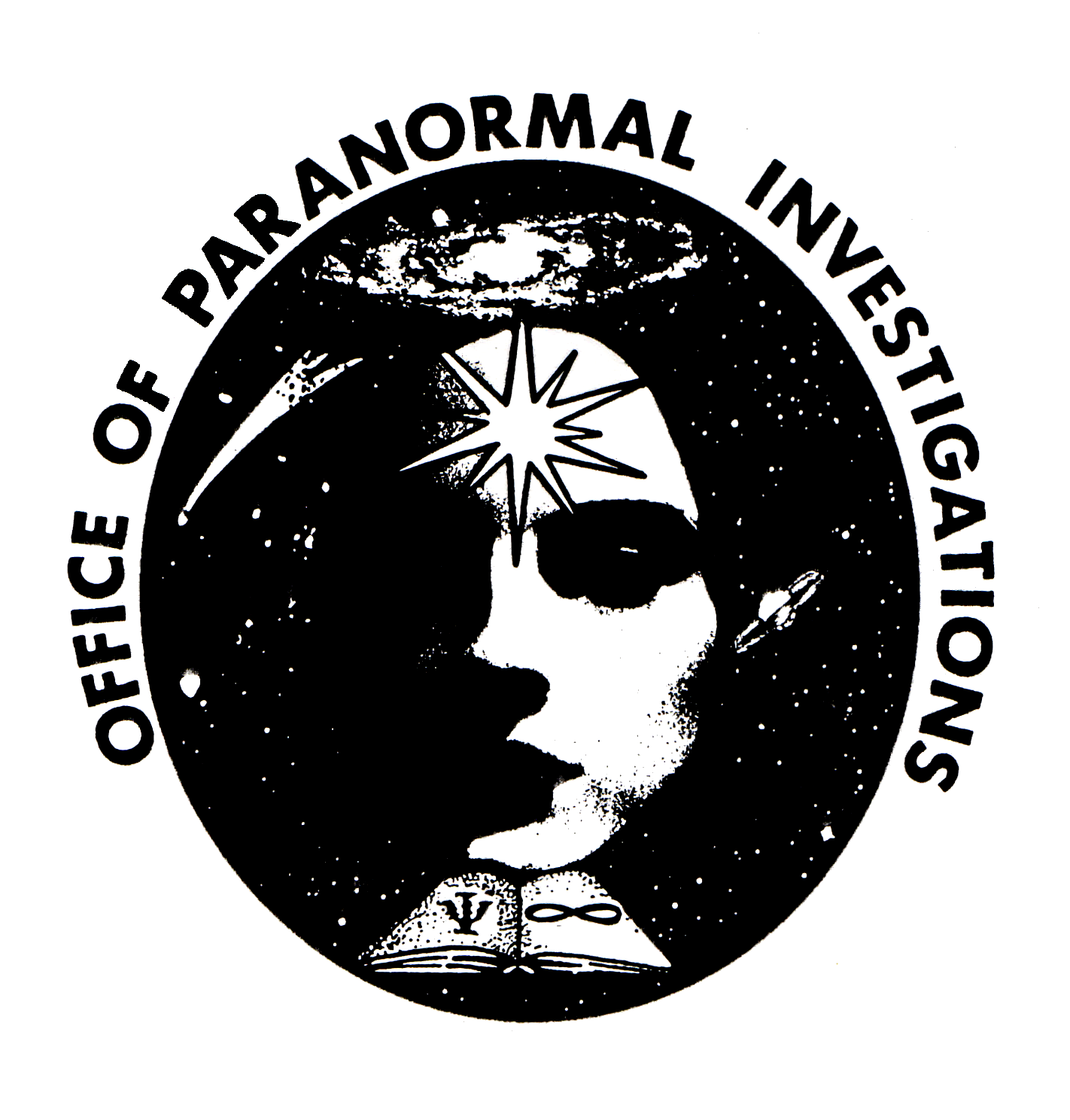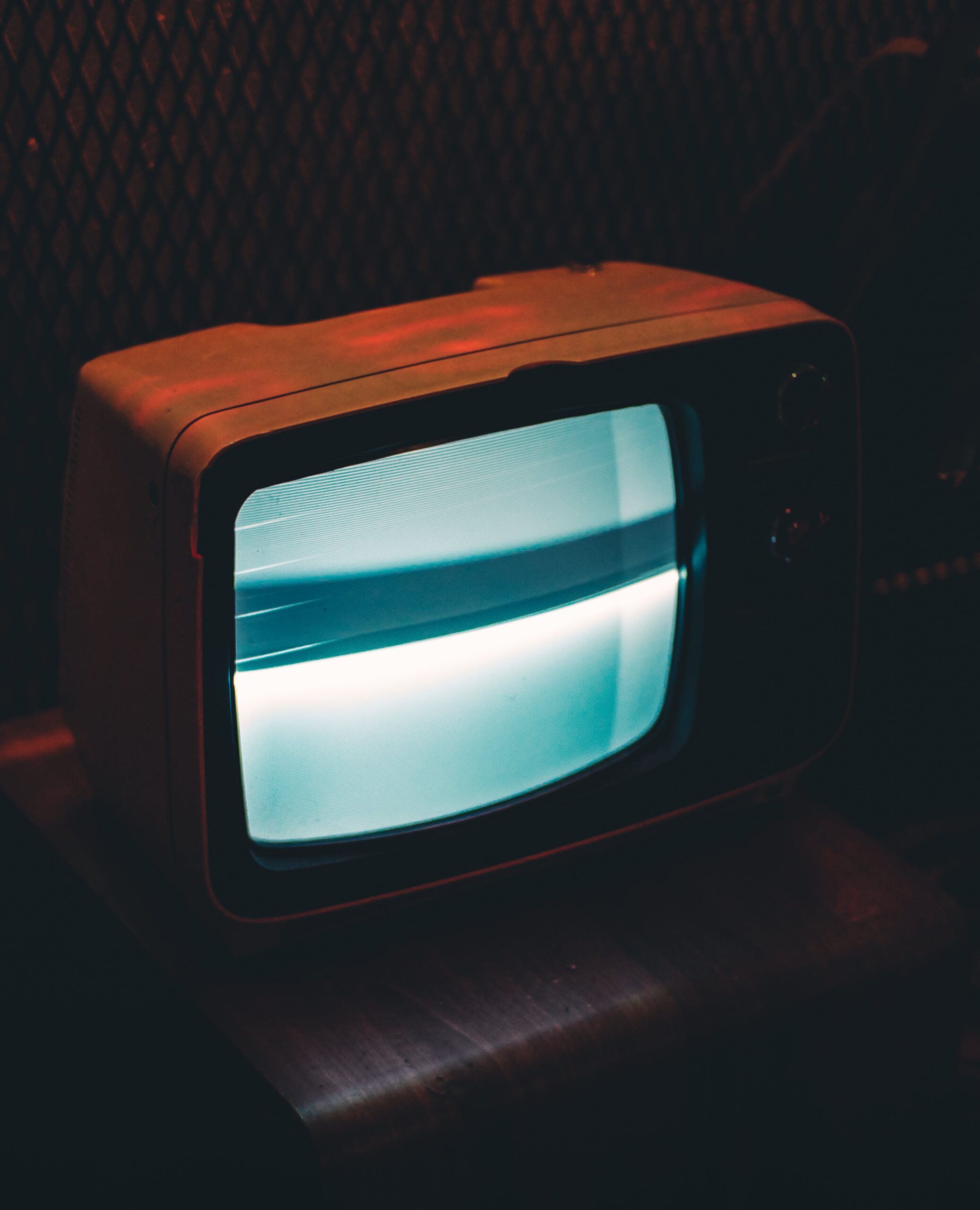by Dave Manganelli
As Loyd points out in his great postings about paranormal reality shows, there’s a lot more going on behind the scenes in paranormal shows than is ever apparent to the average viewer.
Here are a few more real world observations about paranormal reality shows:
The economics of reality shows are this: they are relatively inexpensive to produce (at least compared to the scripted comedies & drama that also populate our TV channels), so they are very manageable risks for the producers & networks. And those networks need stuff to show.
Many of these shows will launch and not succeed, but the ones that do succeed will be relatively darn lucrative for the producers & networks. As long as that continues, these shows will not be going away anytime soon!
Next: to this day, there continues to be absolutely no shortage of people who audition to be in reality shows — so there is an endless supply of people who will gladly do whatever the production companies/networks need them to do in exchange for being on TV. Frankly, even the producers of these shows remain somewhat amazed that people want so desperately to be on TV. That’s definitely a defining characteristic of our current age. When I first started looking into ghosts & hauntings over 30 years ago, most people with possible paranormal problems generally avoided publicity at all costs (for fear of being regarded as “kooks”). Not today, boy – talk about the pendulum swinging the other way!
So that endless supply of subjects is fabulous for entertainment goals, but generally not so fabulous for serious paranormal research goals.
Why? Because, as a producer, you really don’t want to have a show where nothing truly spooky actually happens while cameras are rolling – which, in my experience, is the unvarnished truth about the bulk of the time spent on paranormal investigations. (When I first started looking into the paranormal back in 1980, that was the most common observation I found as I started to meet other credible paranormal investigators. That continues to be true to this day — except on current TV shows and certain places on the internet, where it seems almost everyone comes away with some sort of anomalous evidence as long they spend at least, say, 6 to 8 hours looking for it. Doesn’t seem quite possible that evidence should suddenly be so amazingly abundant, in my humble opinion, but I’m generally quite demanding when it comes to video/audio evidence, so maybe it’s just me. It’s alright, don’t worry… I’ll take a walk, and then I’ll calm down eventually).
After all – you wouldn’t want to watch a horror movie in which nothing actually happens, and there’s no monster to be experienced!
And therein lies the key to the staying power of modern paranormal reality shows: historically, they accomplished one thing that paranormal shows in preceding decades couldn’t (because either there was a scarcity of compelling actual case footage, which remains true to this very day, OR because what you saw was understood to be a dramatic recreation done with actors): the reality shows — for better or for worse — finally provided the viewer with a spooky, real-time “You are there and experiencing it as well” paranormal experience. Didn’t matter if even a lot of viewers kinda knew they were being manipulated (and a lot of them do, I find) — watching is the equivalent of stepping into haunted-house ride at an amusement park; of course, the whole point is get spooked and thrilled while you’re there.
All of these shows are essentially descendants of two influential media creations (and, to be completely clear, I have nothing but respect for these two): MTV’s “Real World”, and the movie “The Blair Witch Project”. You may ask: “What’s the ‘Real World’ go to do with it?” Well, “Real World” invented a general format & flow for reality shows so amazingly durable that it continues to be copied now, some 20 years later…. I still see the approaches and the techniques used in every modern reality show.
And then “The Blair Witch Project” came along in 1999 and established a whole new mode for how scary stuff could be presented in a horror movie (i.e, apparently real amateur footage, low-budget production techniques, night-vision video, average-person protagonists, etc.)… and that mode promptly became the basis of paranormal reality TV.
Some of you may not know that “Blair Witch” was an utter sensation when it premiered 14 years ago at the Sundance Festival, and generated HUGE word of mouth before it even got to wider release to the general public. Because there have been so many variations of it in paranormal TV in the years since, the impact & freshness of the film has been diminished for those seeing it now for the first time. I saw it with a group of filmmaking colleagues when it came out, and we were blown away by how effective it was. A lot of that had to do with seeing it on a big-screen in a theater, because you got sucked into the paranormal experience with the characters in a way that hadn’t been done in movies to that point. And it used a ghost-story setting that was centuries old: people lost in a dense forest! Unfortunately, the movie loses its original power when seen on TV – the small screen and constant interruption by commercials work to blunt the desperate atmosphere of the film. But it absolutely deserves all the praise it’s ever received.
The more recent “Paranormal Activity” (also extremely effective) added another basket of tricks that have also been picked up by paranormal reality TV (most notably, using extremely long stretches of surveillance camera footage in which nothing happens…. and then when you finally relax and figure nothing will happen, it does. Very cleverly done).
So paranormal reality shows found an economical way to provide endless “paranormal experience simulator” rides in a wide variety of settings and contexts, something predecessor shows never could do (because the “paranormal reality” genre hadn’t been invented yet). Much as I sometimes hate to say it, the new ones found an effective and affordable “spook you out” formula. They are mini horror movies, and there’s a new one to watch every week.
Though it’s tempting to wish the shows would “clean up their act” or be “more genuinely scientific”, that’s not going to happen with most of them, and here’s why: the creators of these shows always knew they were making paranormal reality entertainment, not scientific documentaries on the reality of paranormal phenomena. And, in entertainment, there has to be a monster (in our case, a that would be a ghost), AND something has to happen – you have to deliver on those 2 things. And, oddly enough, most shows deliver on those 2 things! See how that works?
There was a time prior to reality shows when programs and documentaries on the paranormal at least made the attempt to be more straightforwardly documentarian, clearly maintaining a line between the documentary footage and the dramatization footage, but that line got blurred and crossed about a dozen years ago and has not moved back. It will not move back as long as the current shows are popular, and as long as the TV channels need that programming.
There’s also little chance that anyone who stars in these shows is going to have a change of heart, come forward because their conscience is bothering them, and then blow the whistle on anything that may have fabricated for the purposes of the show. Why? Well, they can’t – as Loyd said in his posting, they have already signed extremely onerous legal agreements that, among many other things, forbids them from saying anything detrimental or out-of-line about the show. In fact, financial penalties for doing so are built into a lot of those contracts, so you’d have to weigh the consequences of being out a lot of money for speaking up.
As Loyd explained so well in his posting, many of these contracts are so skewed against any consulting paranormal investigator that a number of us just stopped agreeing to do any of the shows anymore. Even when the show’s producer starts out with the best of intentions, the paperwork then arrives, and it’s like: “Holy Bleep, no way am I signing this thing!” You’ll note that that hasn’t stopped the flow of paranormal shows in the least.
To that point, most people aren’t aware that – less than 10 years ago – there was a dust-up over paranormal monkey-business going on in a British show, “Most Haunted”. There were complaints about things that were misleading and what was allegedly being faked, but the British Television Regulator Ofcom ultimately ruled that the show contained “a high degree of showmanship that puts it beyond what we believe to be a generally accepted understanding of what comprises a legitimate investigation”. In other words: sorry, everybody, but this show is considered entertainment, so creative license is allowed. You can read about all that in more detail here: http://news.bbc.co.uk/2/hi/entertainment/4500322.stm
That many of these shows still thrive actually speaks to the power and timelessness of ghost stories (which were here long before any of us). I have no problem with that, as I always love a good ghost story.
Unfortunately, the shows have also done a fair amount of damage in spreading misconceptions, setting wildly false expectations (especially when it comes to video and audio evidence), and in promoting maybe-not-so-experts, some of whom seem to have utterly no knowledge that there is a history to paranormal investigation that stretches further back than, say, 12 years ago. Just sayin’.
Personally, I think that 9/11 had an effect on what viewers seem to want to watch — the very legitimate horror of that seemed to spark a very widespread fixation on death in our culture. I think (again, just my own opinion) that’s a key reason that procedural murder-investigation shows AND paranormal reality shows — AND now zombies — have had such staying power in the last decade. I mean, it seems a bit weird to have so many popular shows themed around graphic police inspections of the newly dead, the reanimation of the recently dead, AND then the supposed spirits of the definitely dead.
But that’s our culture as it is now… it will be interesting to see how historians look back and evaluate this particular period.
In closing, I want to thank Loyd – who has remained the most sane, reasonable, and credible voice for serious paranormal investigation throughout all the craziness — for giving me this space to share my viewpoint.
I now return control of your television set to you.

